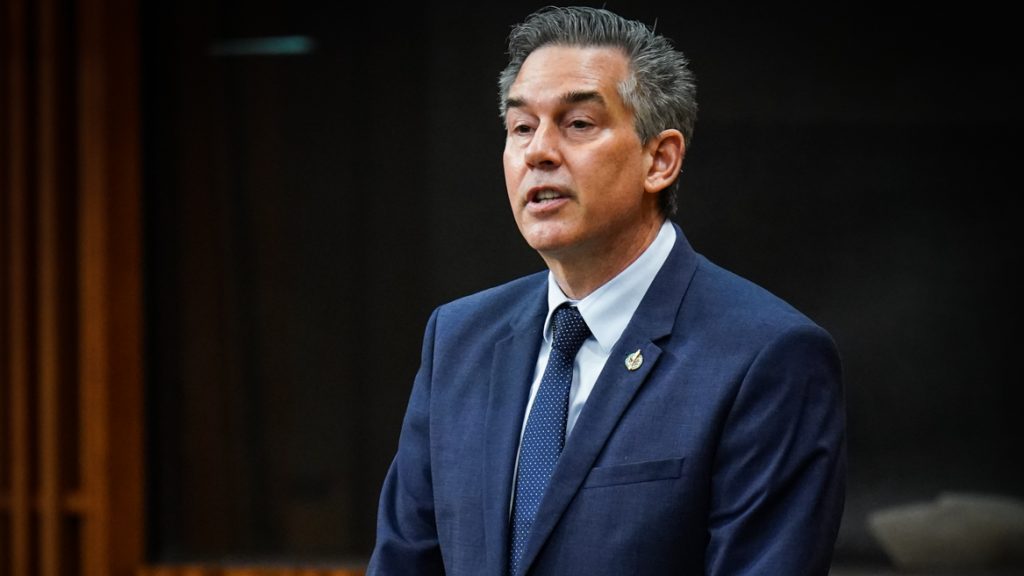Thai ex-premier Yingluck impeached, also faces criminal charges over money-losing rice program
Posted Jan 23, 2015 12:25:25 AM.
This article is more than 5 years old.
BANGKOK – In the latest battle in a political war that has lasted almost a decade, Thailand’s military-appointed legislature on Friday voted to impeach former Prime Minister Yingluck Shinawatra for her role in overseeing a government rice subsidy program that lost billions of dollars.
The vote was generally seen as a partisan action aimed at crippling the political machine founded by her brother, Thaksin Shinawatra, another ousted Prime Minister.
The vote, which means Yingluck will be banned from politics for five years, came just hours after the attorney general’s office announced separate plans to indict her on criminal charges for negligence related to losses and alleged corruption in the rice program.
No date has been set for the formal indictment, but if convicted Yingluck could face 10 years in jail. She was forced by a court ruling last May to step down from her job for illegally transferring a civil servant, and just days later the army staged a successful coup against her government.
The coup came after months of violent street protests by anti-Thaksin activists, which the army refused to help quash.
Friday’s moves are the latest salvoes against Thaksin, who was toppled from his job by a 2006 coup after being accused of corruption, abuse of power and insulting the monarchy. His supporters believe he was ousted because his unprecedented electoral popularity threatened the power and influence of the country’s traditional ruling circles, centred in the palace and the military.
Thaksin, in exile to avoid a two-year jail sentence on a 2008 corruption conviction, has sought a political comeback both through the pressure of sometimes violent street demonstrations by his so-called Red Shirt supporters, and more successfully through proxies at the ballot box.
His sister led the pro-Thaksin Pheu Thai Party party to victory in 2011 with an absolute majority of seats in the lower house.
Impeachment required a three-fifths vote of the legislature’s 220 members, and on Friday 190 voted against Yingluck. Most members of the legislature are part of the military or strong political opponents of Yingluck and her brother.
“The banning represents a show of confidence by the junta, which feels that it has broken the back of the Pheu Thai Party and the Red Shirt movement. It also allows the junta to reassert its anti-Thaksin credentials with the pro-royalist street movement that paved the way for the coup,” said Kevin Hewison, a Thai studies expert who heads the Asia Research Centre at Australia’s Murdoch University.
“With Yingluck banned and Thaksin in exile, the military junta and its appointed bodies will feel more confident in gradually preparing the way for an election, probably in 2016. They will be more confident that they can be heavy-handed in changing the political rules to prevent any pro-Thaksin party having any chance to do well electorally.”
Surasak Threerattrakul, director general of the attorney general’s Department of Investigation, said Friday that Yingluck will also face criminal charges for negligence of duty as a state official overseeing the program.
Singtong Buechoom, a member of the Pheu Thai Party’s legal team, told reporters that Yingluck would not hold a scheduled news conference because the military authorities had expressed concern that it might violate martial law.
But in an appearance before Parliament on Thursday, she denied she was responsible for any corruption and questioned the fairness of an investigation by the anti-corruption commission, which had recommended she be charged.
“The rice subsidy scheme was run by groups of people. It was a resolution of the Cabinet … why am I singled out?” Yingluck asked. “To bring the case against me alone, therefore, shows a hidden agenda under an unjust practice, and is a political agenda.”
She also said the anti-corruption commission lacked the legitimacy to judge her because the junta terminated the constitution when it took power on May 22.
National Anti-Corruption Commissioner Wicha Mahakhun told lawmakers Thursday that Yingluck was to blame. “Despite the warnings against it on several occasions, the prime minister, who should have stopped the damage, instead insisted on running the program until the damage became even more devastating.”
The rice subsidy program, which paid farmers double the market price for their crops, ultimately incurred national losses of more than $4 billion and temporarily cost Thailand’s place as the world’s leading exporter.
Supporters say the program was intended to benefit Thai farmers and reduce the income equality gap in the country. The policy helped Yingluck’s government win power in 2011.
___
Associated Press writers Todd Pitman and Grant Peck contributed to this report.










